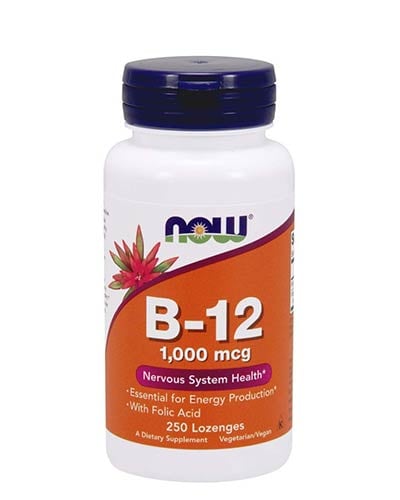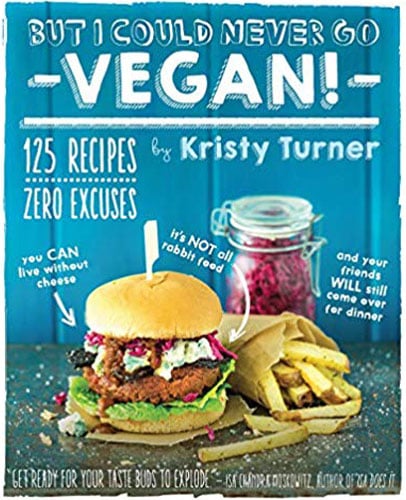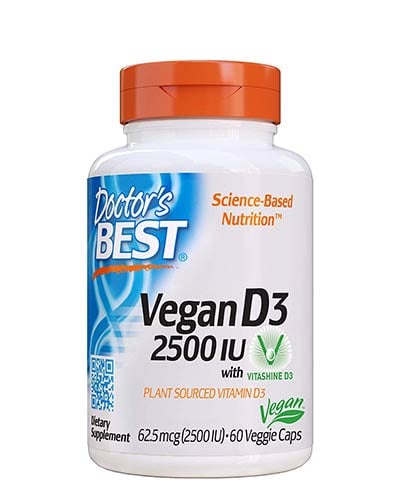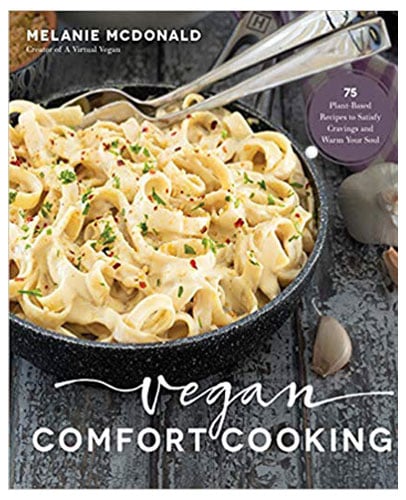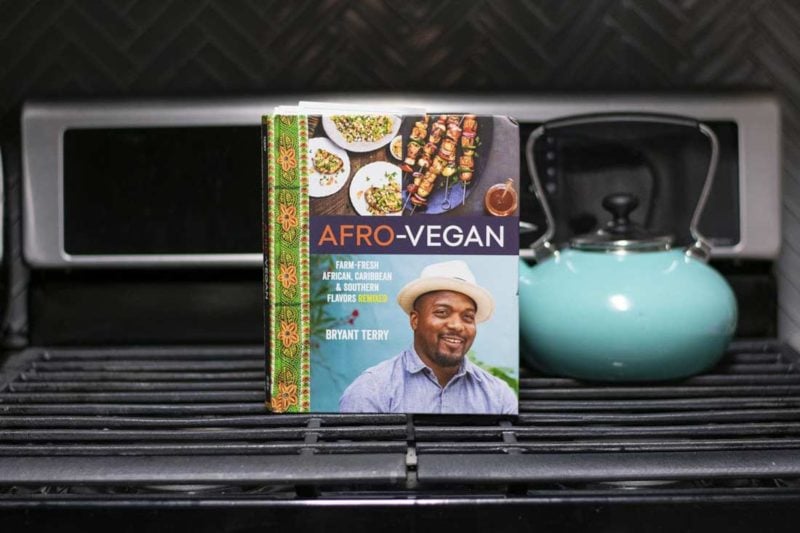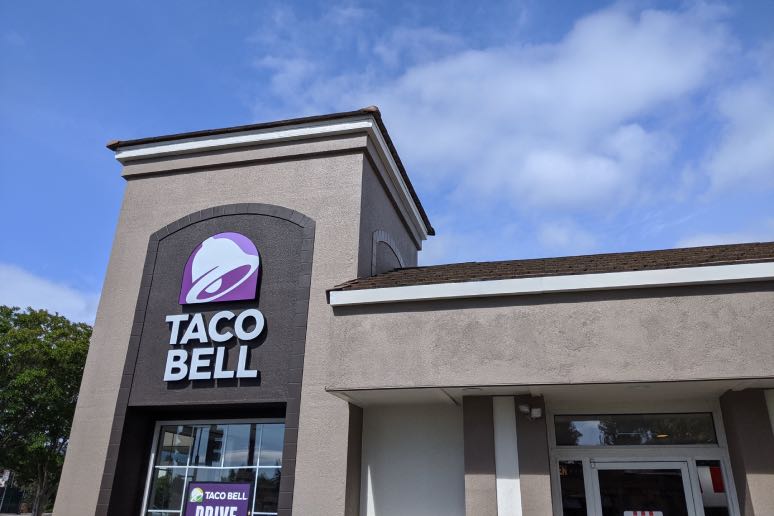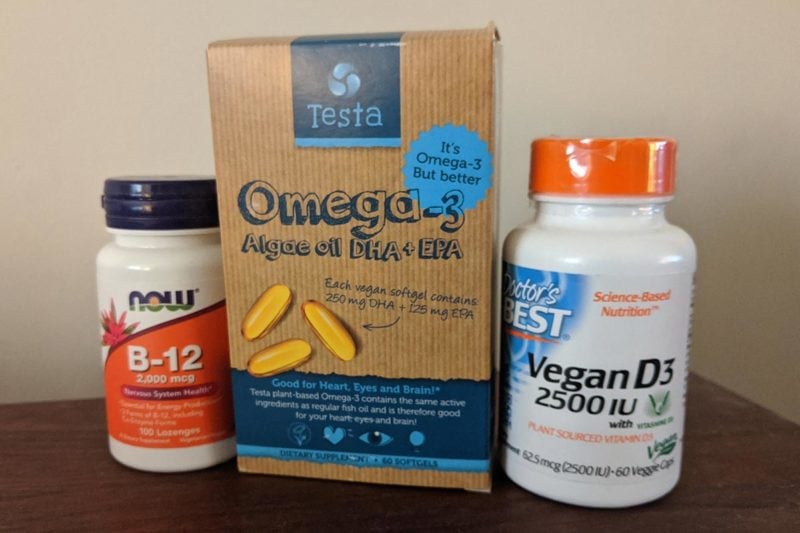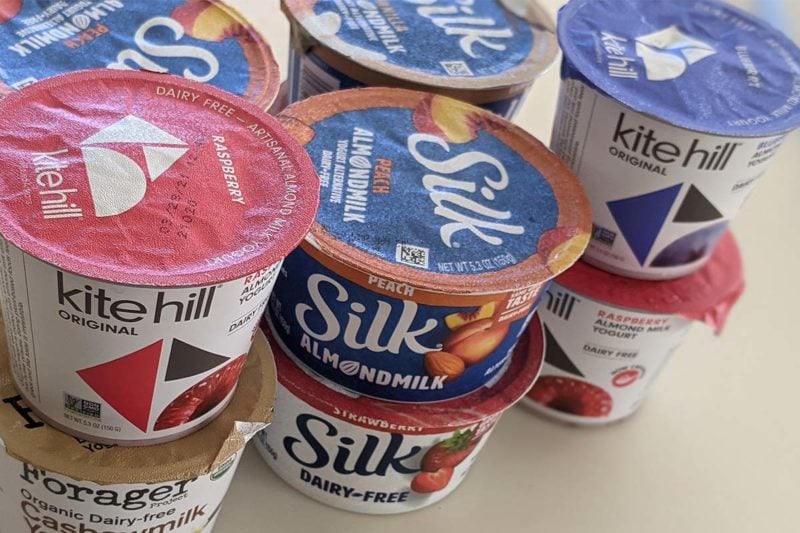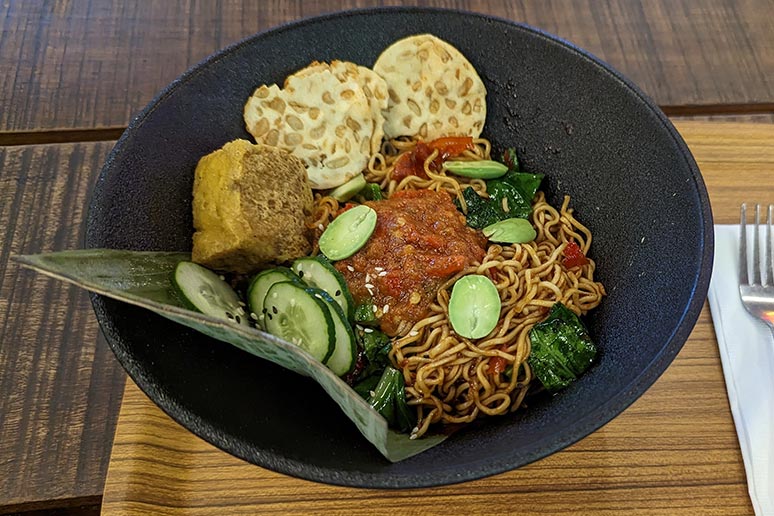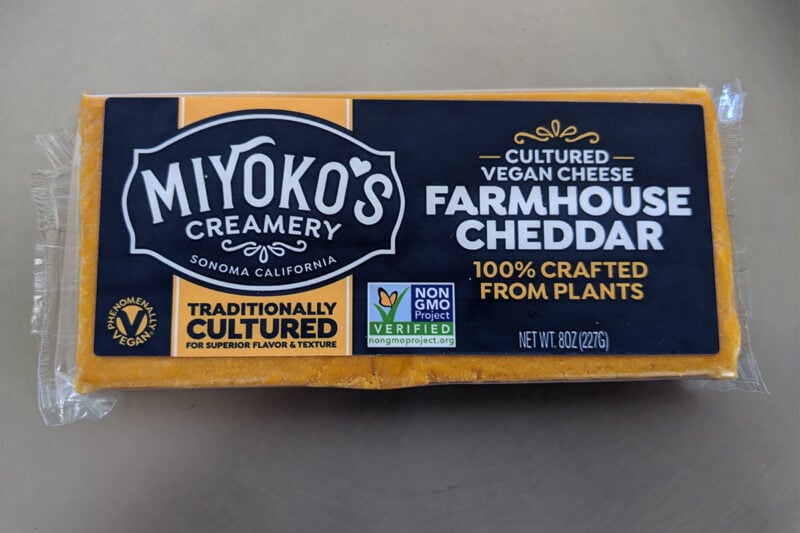A few weeks ago I blogged about the fact that casino mogul Steve Wynn became vegan after watching “Eating” and that he’s since revamped the menus at every restaurant he owns, amended his will to include animal rights concerns, and has been giving copies of the DVD to everyone he meets.
I was very excited about all this and wanted to get behind the film. So I ordered it from Amazon.com and just watched it last night.
It destroys me to write this, since I wanted to break out the pompoms and cheer this film on, but I just can’t recommend it. Perhaps 70 percent of the film deals with diet and health, while 15 percent deals with the environment and 15 percent deals with animal cruelty at factory farms. The animal cruelty stuff is quite accurate, while the environmental material (with the exception of a bizarrely inflated water claim) is mostly in the ballpark. But the film’s assertions about health, which constitute the bulk of its running time, are just way too overstated for me to support.
Basically, “Eating” frames a low-fat vegan diet as a cure-all for just about every physical malady. And, at one point, there’s even a suggestion that cancer patients bypass chemo and radiation and just go vegan. There are so many varieties, stages, and grades of cancer that this advice strikes me as completely reckless.
Certainly, there’s much to be said for a plant-strong diet. And it’s hard to make the case of there being anything more healthful than a well-planned vegan diet. But activists always need to be looking for weaknesses in their arguments. And the fact is that there’s simply no evidence that vegans live any longer than omnivores. So, with every impressive-sounding claim made you hear in “Eating,” you need to go back and re-read that previous sentence I just wrote.
I don’t think “Eating” deliberately misstates the truth; I think the problem has to do with the fact that the film was assembled by people who have bought into an argument that is at odds with reality.
Will the film do more harm than good, and will it inspire a backlash? Beats me. I definitely take a Taoist farmer’s view when evaluating the effectiveness of vegan materials. I do know that several of the most influential vegan books published over the past few decades have been filled with misinformation. But it’s not like most people can tell the difference, and these books have inspired huge amounts of positive change.
To me though, activism and integrity are inseparably linked, and I can’t knowingly participate in putting pro-vegan material out there that I know is fundamentally incorrect. There were just too many times while watching “Eating” that I caught myself wincing upon hearing a health or environmental claim. I know that most people don’t have the background to notice these misstatements, but I could never feel right about encouraging people to watch a film that is rife with inaccuracies.
I hope that “Eating” continues to accomplish great things for animals. The film has shown that there’s an untapped market for a documentary explaining how to transform your health through a vegan diet. There’s no reason why a film could not be made that was completely faithful to the best research available, while being at least as persuasive as “Eating.” It’s my hope that such a film gets made.

